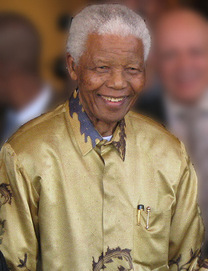- Our culture creates conditions for whining. We elevate success and instant gratification. Failures to achieve, to advance, to obtain, result in irritation and “petty grievances.”
- Whining is primal, “perhaps the first form of human behavior”, the baby cries for mother’s milk. We learn whining can be nourishing.
- “Misery may love company but by no means does company reciprocate with the same fond feelings.” (p. 167)
- Because whining is intermittently reinforced, it becomes an enduring habit. It is “fueled by the partial fulfillment of our need for sympathy.”
- “Whining irritates us”, “every whine is a set up”, that preys on our conscience, our goodness, our sense of fairness.
- Whining is “a form of bad story telling” depicting struggles between whiners and others, such as employee struggles with management, introducing a touch of melodrama into a perhaps otherwise uninteresting narrative.
- “Whiners are resistant to advice because they really don’t want problems solved.” (p. 169)
- Whining can be addictive because it elevates our self-importance vis-à-vis others who just accept their fates.
- Whining focuses on causes outside of one’s self, “through no fault of my own but through your fault, your negligence . . . not (shortcomings) of my talent.” (p. 170)
My Take-Aways:
Harris’s unit of analysis is the individual. There are interesting ideas here for research. How does individual whining affect a team, a group? Does it lower productivity? Should the supervisor counsel the whiner? Is whining a blindspot? If the person is not a perpetual whiner, why is this person whining now? Personal, perceptual, and/or attributional errors may be factors.
But what if the whining is situational, the cause shared by others? If many are whining, complaining, perhaps there is something management should address. Leaders should listen and form hypotheses about the nature of the whining. Whining may be a symptom.
Harris, D. (Fall 2005 - Winter 2006). Whining. Salmagundi, 148/149, 165-170.


 RSS Feed
RSS Feed